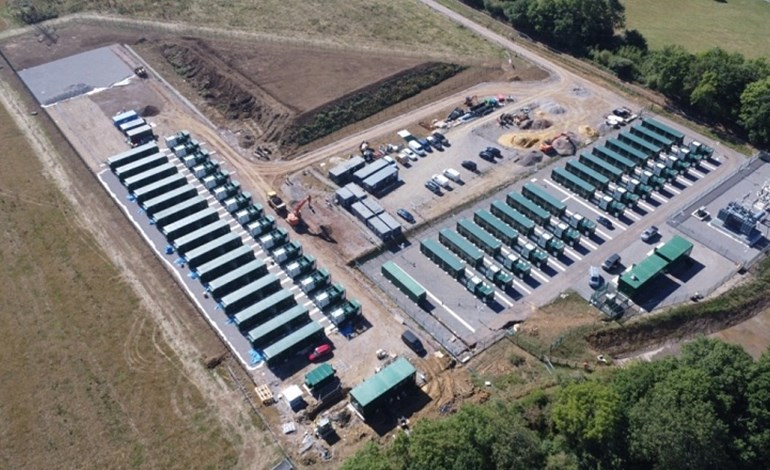Statera Energy has submitted a planning application for a 500MW battery energy storage system (BESS) in Oxfordshire, England, marking a significant step in bolstering the region’s energy infrastructure. The project is set to be located at the Culham Campus, renowned as a nuclear fusion research hub, with South Oxfordshire District Council tasked with reviewing the application.
If approved, Statera’s Culham BESS will be integrated with the Culham Substation in 2027, as part of National Grid’s broader upgrade to electrical infrastructure at the Culham Campus. The proposed development will occupy 7 hectares of the 26.8-hectare site, with the remaining area designated for the establishment of a registered park and garden, along with new woodland and grassland habitats to enhance biodiversity.
Oliver Troup, development lead at Statera Energy, emphasized the project’s dual benefit of supporting the expansion of the Culham Campus while contributing to the national grid’s flexibility. Troup stated, “Finding sites that work for this type of scheme is very challenging. It’s even harder to find a site that directly benefits such a unique science and technology park.”
The proposal aligns with the UK Atomic Energy Authority’s (UKAEA) vision for the Culham Campus to remain a global leader in fusion research, fostering growth and employment opportunities in the region. The enhanced grid connection provided by the Culham BESS will offer increased power security, resilience, and stability to the campus, reinforcing its position as a forefront facility in nuclear fusion research.
The project’s 500MW storage capacity will be realized through a combination of modified shipping containers for batteries, inverter houses, control rooms, and storage facilities. This initiative underscores the growing importance of battery storage systems in the UK’s transition to a low-carbon electricity system, with National Grid projecting significant growth in battery use over the coming decades.
As the proposal moves through the regulatory process, its approval could signify a pivotal advancement in both regional energy infrastructure and the continued prominence of the Culham Campus in cutting-edge scientific research and innovation.

